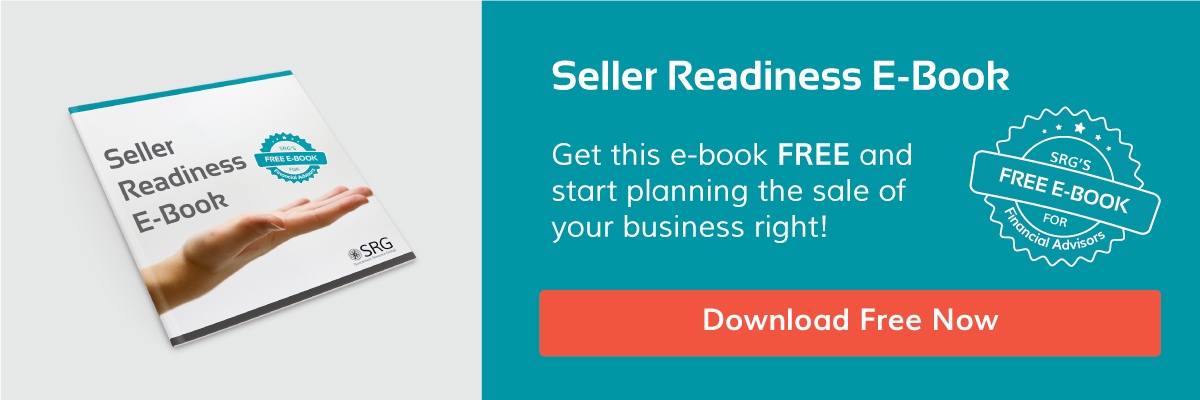Selling a business, in any industry, is a major endeavor with far-reaching implications for a wide variety of stakeholders. The first question for most owners is timing – “When should I sell my business?” This is both a personal and financial decision. If your intent is to sell to an internal successor you have or will groom, you will need significantly more time and resources than a sale to a peer/competitor. Internal transitions should start planning at least five years prior to the owner’s planned retirement, where a sale to a peer might only require 3 to 5 years of transition time for optimal results (from start to finish). Regardless of who you sell to, and when you decide to do it, here are a few important items, that if you keep in mind throughout the process, will produce a better result for everyone:
Give yourself time, give yourself options
When you are ready to explore the sale of your business, give yourself enough time to enjoy the process and be diligent in finding the right successor. The value of your business and how you get paid is important, but both are and need to be secondary to finding the perfect successor for your clients – don’t settle. Whether you like the idea of a sale, a merger, or an internal succession plan, give yourself at least 3 to 5 years before you are ready to completely retire and everyone involved will enjoy the process a lot more. With a longer transition period you will have a chance to train and mentor your successor, gradually hand-off client servicing, and be able to have a back-up plan in case Plan A fails for some reason.
It will be emotional – so don’t be emotional
Selling a business that you have built over a quarter of a century is a monumental undertaking and will take an emotional toll – for you, your staff, and your family. This is highlighted during the negotiation phase of most deals, where it is very easy to take things personally. When you get to this stage, know that the buyer and his/her professional counsel’s job is to try to get the best deal they can, so be prepared and don’t take any of the negotiations personally. This sounds obvious, but many great buyer/seller matches have been unwound because one side starts to react emotionally. When you are frustrated with the process, take a “time-out” and remind yourself that you have selected this person because you felt they would be the best successor for your clients, then see if you can find a resolution to whatever the issue is. There are far too many variables in a sale or merger to have one item become a “deal breaker.”
If you value your business, value your business
When it comes to the topic of value – most sellers overvalue their business, and most buyers undervalue it. Getting to the “right” value requires both parties having full information. Make sure you have the business valued by an external third party to provide a neutral, informed and comparative value. You will negotiate your particular deal, and you may be able to get more or less than the expert valuation, but be able to make that decision with some context for what the market would bear, your payment terms and key valuation drivers and detractors.
Build a business
Industry pundits may differ on what the most important valuation drivers and detractors are in a business like yours, but the key takeaway is that building a valuable practice does not typically happen by default. As you continue to grow your business, isolate a few key value-building metrics and monitor them annually. A few examples of key value drivers include:
- Recurring revenue
- Growth rate (revenue and client growth)
- Profitability
- Age of client base
- Efficiency ratios
- Client service model (frequency of touches, type of touches, systems/procedures)
- Institutionalized business model — defined roles and responsibilities
Even if your goal at retirement isn’t to extract every dollar of value from the process, building a well-run operation will attract the best talent and buyer(s) – two great outcomes for your clients.

